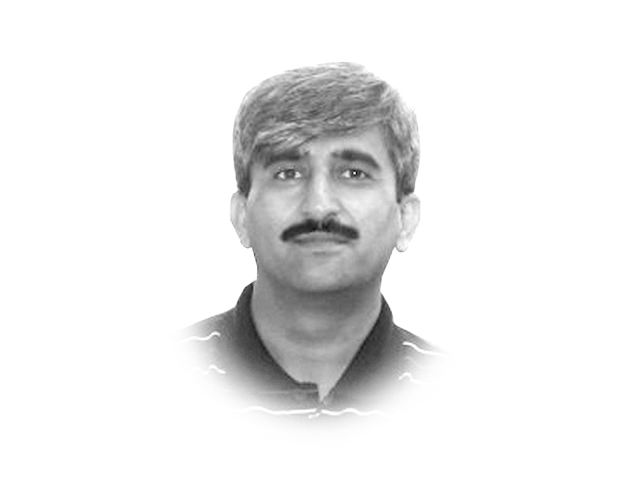
This year marks the 25th anniversary of the UNCRC’s ratification by Pakistan — the first Muslim state and sixth country in the world to do so. The 25th anniversary provides a welcome reflection point to assess how successful we have been in upholding its principles. All reports show that child health, education, protection and participation is getting worse in the country. One of the major reasons is poor budgetary allocations for child rights. Progressive laws cannot be effectively implemented without monetary support. Article 25-A of the Constitution mandates the government to provide education to all children between five and 16 years of age. How can this requirement be fulfilled without monetary support? Similarly, if the National Education Policy 2009 commits to increase budgetary allocation for education to seven per cent of GDP by 2015 without any progress on this whatsoever, how can we expect to achieve our education targets? Currently, the budgetary allocation for education is 2.1 per cent of GDP, one of the lowest in the region. The reason for this is the tax-to-GDP ratio in Pakistan, which stands at 9.4 per cent, low even amongst developing countries.
While speaking at a seminar on the importance of education, the minister of state for education said that “the percentage of GDP spent on education is half of what it should be by international standards, but increasing the percentage is incredibly challenging in Pakistan”. In an interesting move, instead of increasing the tax-to-GDP ratio, the government is planning to make revisions in the National Education Policy and reduce the target of increase in education budget from seven per cent of GDP to four per cent of GDP as the former stipulation has been declared ‘irrational’.
We are also set to fail in achieving Millennium Development Goals of the reduction of the mortality rate of children under the age of five and reduction of maternal mortality. When a child is born, his or her chance of survival is increased significantly if there is a trained health worker present. In Pakistan, only around 50 per cent of births are attended by a trained birth attendant, according to Pakistan Demographic and Health Survey 2012-13. Malnutrition rates are high among women and children, and the coverage of front line health workers, like lady health workers (LHW), is limited and requires a considerable increase. What we see instead is LHWs running from pillar to post in order to get their salaries and often boycott their duties because of budgetary issues.
To be able to ensure the right to health and survival for all in Pakistan, the government is required to increase the budgetary allocation for health, which currently stands at a mere 0.6 per cent of GDP. This is despite claims by almost all political parties in their manifestos that they will raise the health budget to at least two per cent of GDP. One of the major causes of this failure is the lack of financial resources for the purpose. Again, funds obtained through taxation are the most sustainable source of finance for the kinds of services that will help children survive and thrive.
It is unfortunate that Pakistan’s ability to collect taxes has shown a decline or has been stagnant during the last decade because the tax-to-GDP ratio has never exceeded the 10.3 per cent level achieved back in 2002. We cannot keep shying away from our responsibility to improve the tax-to-GDP ratio as without doing this the government will not be able to spend on the social sector. It is important that the provinces also focus on increasing their revenues so that they can spend more on health, nutrition, education and child protection. For this purpose, the capacity of the tax collection system will also require a complete overhaul. To ensure the realisation of the rights of all, there is no option but to focus on increasing our revenues. Reformation of the tax structure should be our number one priority.
Published in The Express Tribune, September 3rd, 2015.
Like Opinion & Editorial on Facebook, follow @ETOpEd on Twitter to receive all updates on all our daily pieces.


1719660634-1/BeFunky-collage-nicole-(1)1719660634-1-165x106.webp)

1732276540-0/kim-(10)1732276540-0-165x106.webp)







COMMENTS (14)
Comments are moderated and generally will be posted if they are on-topic and not abusive.
For more information, please see our Comments FAQ